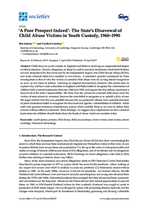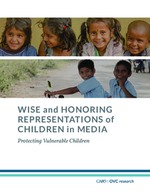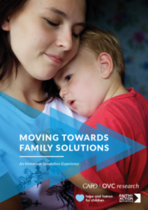“There are carers, and then there are carers who actually care”; Conceptualizations of care among looked after children and care leavers, social workers and carers
This study aims to explore how care is perceived and practiced among Looked after children and care leavers (LACCL) and those with a duty of care for them.




